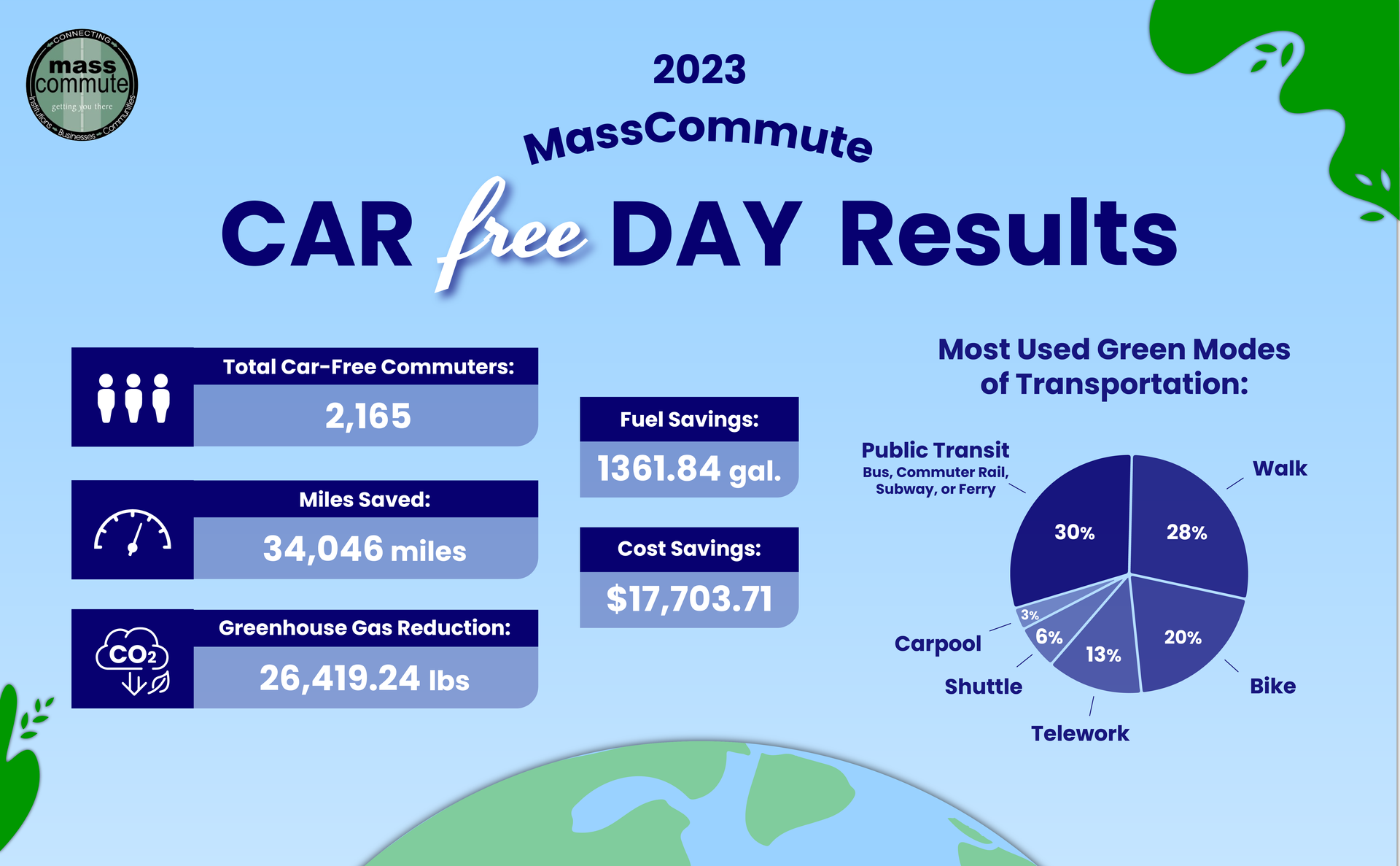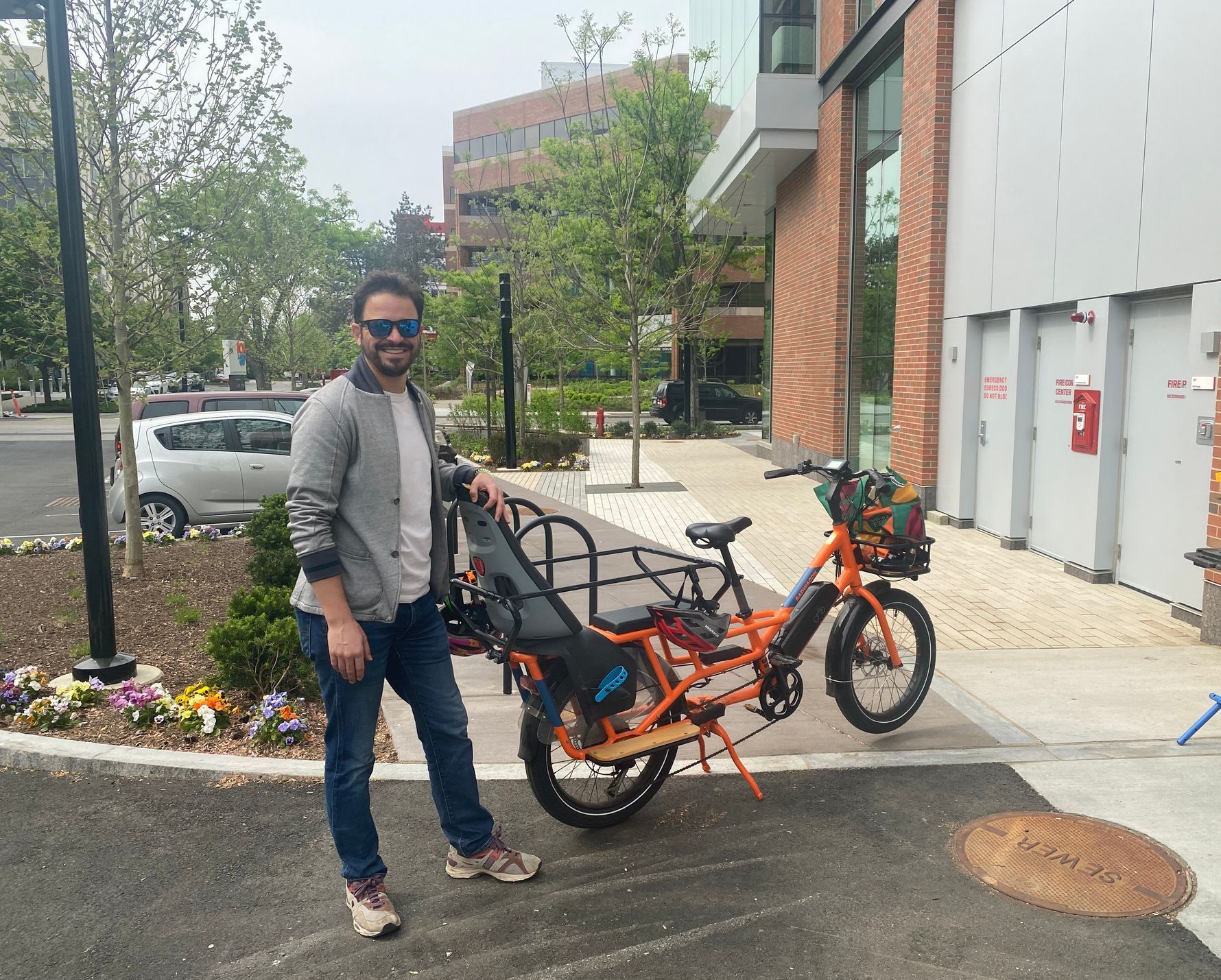Driving Change: 5 Strategies to Help Your Employees Transform Their Commute
Just mention the word “commuting” and blood pressures start to soar. Even the calmest driver starts to prickle with anxiety when faced with the prospect of wasting up to 51 hours per year stuck in traffic. That’s longer than most vacations. RingCentral reports that 40% of workers would rather clean their toilet than commute, which is really saying something since it’s statistically among the most-hated chores.
With so many employees making a return to the office either full or part time, the issue of how to ease concerns over commuting has become a hot topic. The conversation is likely to continue given that ResumeBuilder.com surveyed 1,000 key corporate decision makers and found that “9 in 10 companies with office space will have a return to office by 2024.”
What could possibly help to make it better? A Commuter Services Program is a great way to give employees a low-cost, high-impact benefit that they will appreciate. Programs can be very simple or more in-depth depending on staffing, budget, and corporate culture. Wherever a Commuter Program fits into your organization, it’s worth considering for 2024.
Here are 5 proven commuting strategies that can transform the journey between home and work from a stress-inducing slog into something more productive --and maybe even calming.

Combat Climate Change with Carpooling
Sharing the ride to work with one or more carpool partners can reduce commuting costs by 50% or more. By taking a car off the road, it also improves both air quality and traffic congestion. Considering that automobiles emit about 4.6 metric tons of CO2 annually, commuting together just a few times a week can have a big impact.
- Carpooling is easy to implement using a ridematching database to help connect potential partners.
- Supportive strategies, such as offering preferential parking spaces, not only reward carpoolers with convenient spots near the building but help promote the program at the same time.
- Monthly drawings, rewards or incentives for carpooling can increase participation.
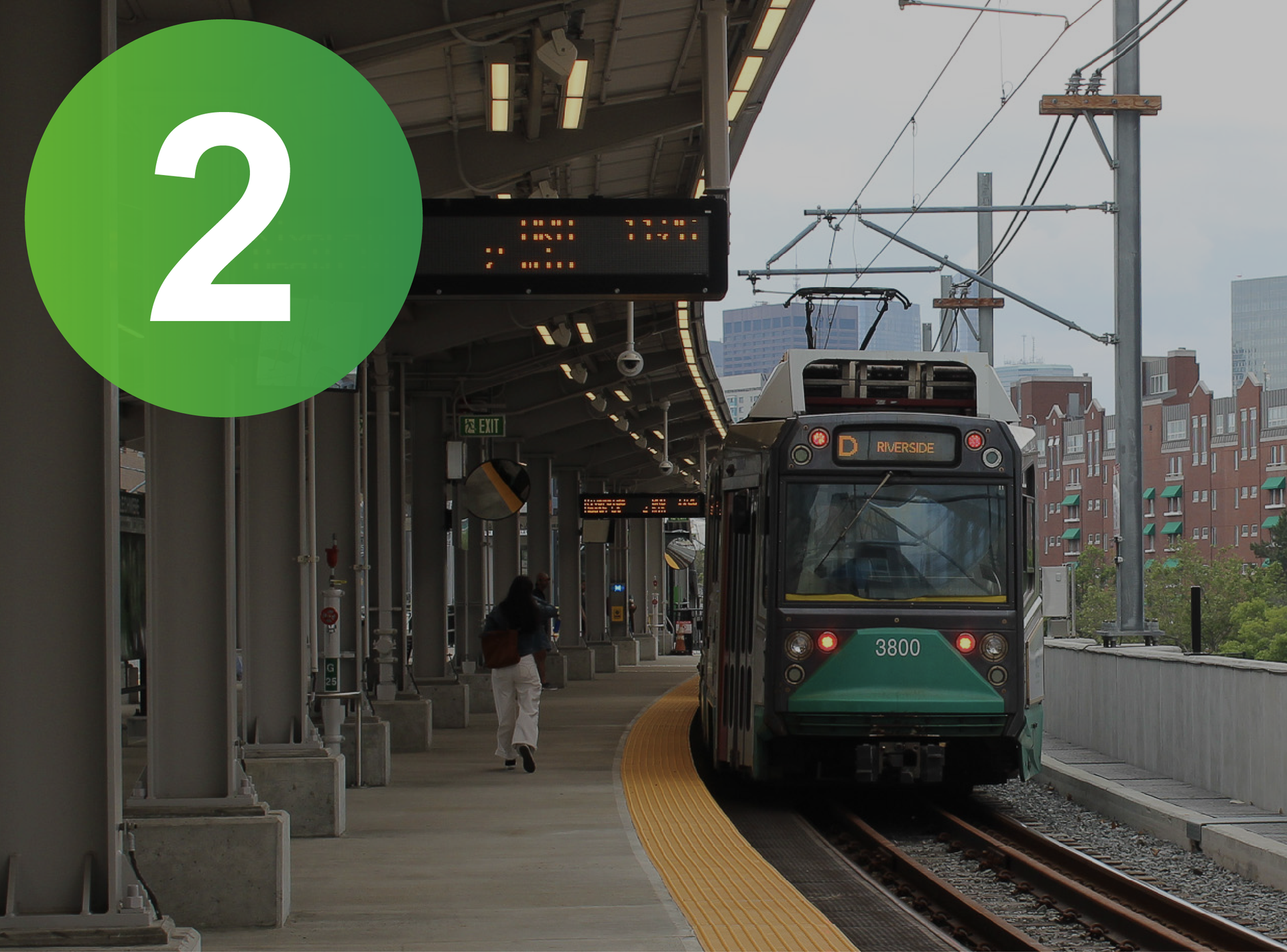
Take Transit
Time spent behind the wheel is often unproductive in addition to being stressful. Leaving the driving to someone else means that transit riders can use their commuting time creatively. Whether it’s reading, listening to music, socializing with other riders, organizing for the day or just decompressing from it -- commuting can be a space that separates work life from home life. A recent study found that commuting time can serve as something called “liminal space.” A place in between the workday and home where commuters can have “an opportunity to recover from work and mentally switch gears to home.” The study’s authors found that without this space, people can experience a blurring effect between the two which can ultimately lead to burnout.
- The IRS offers pre-tax benefits for the purchase of transit passes.
- Employers are often willing to subsidize the cost of transit since it has so many positive impacts.
- If the worksite is more than a half mile from a transit stop many companies offer
shuttles to fill in the
“last mile” gap.

Try a Vanpool
Vanpooling first become popular in the 1970s in response to the gas crisis. It was a way for commuters to band together and share costs while conserving fuel. Today’s vanpooling is flexible and takes advantages of smaller vehicle sizes, new technology, tax incentives, and time savings from High-Occupancy Vehicle lanes on major highways.
Vanpools are groups of commuters with aligned schedules, originating from and heading to similar destinations. Together they lease a vehicle from a third-party vendor, effectively sharing the commuting costs. Groups range in size from 7-14 people and the van lease includes maintenance, back-up vehicles, insurance, and tolls. The typical commuter stays in a vanpool for six years, but many groups have been together much longer celebrating everything from engagements to baby showers.
- Employers can help to facilitate vanpools by hosting events like zip code parties which target key areas that may be suitable for forming a vanpool group.
- Vanpool vendors are generally happy to come in and walk a new group through the process of getting started.
- Like carpooling mentioned above, a database for matching and preferred parking can sweeten the deal for a vanpool group.
- IRS regulations offer a
pre-tax payroll deduction incentive
to help with the monthly cost.
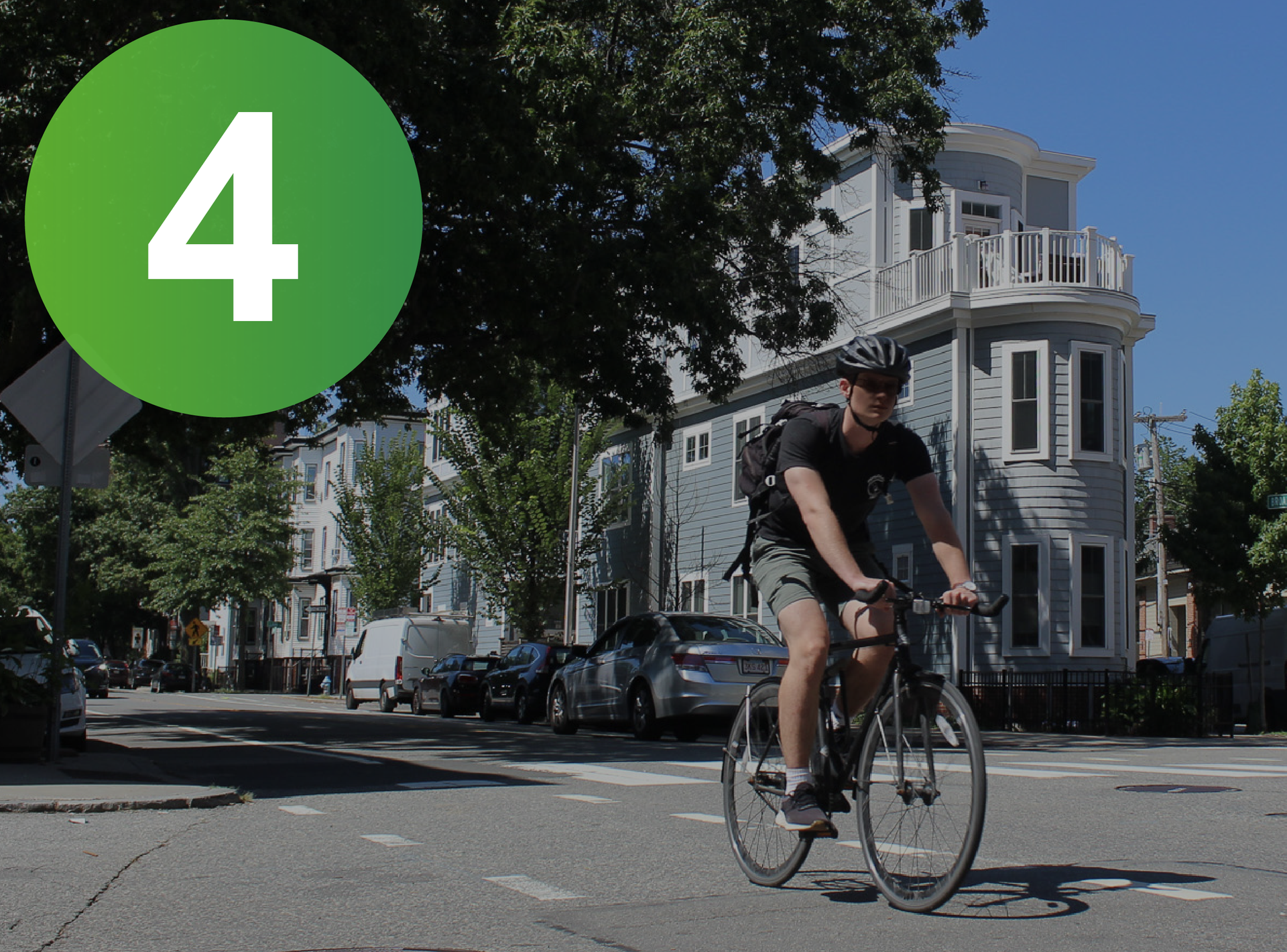
Get Health Benefits with Active Commuting
While biking or walking to work may not appeal to everyone, employees who live between 5 and 20 miles could be willing to give it a try. It has undeniable health benefits both physically and mentally that are well documented in many studies. Commuters can see countless advantages, including burning fat, reducing inflammation, improving heart health, reducing stress, and improving overall wellbeing. It’s tough to argue with the positive impacts of getting outside into the fresh air and logging some biking or walking miles.
- Most employees just need showers, lockers, and a safe place to store their bike if they are riding to work.
- Bikeshare facilities can make it so that those who don’t own a bike can give it a try.
- eBikes are another option for those who might need a little electric assist from time to time.
- Employer benefits like free bike helmets and sneakers or earning incentives for walking or biking are very popular among active commuters and could help first timers get over the initial hump to get started.

Lend Support
Having supportive programs in place helps commuters transition from driving alone to considering another option. Researcher James O. Prochaska identified the five stages of change which can be applied to moving commuters toward new behaviors; they are: Precontemplation, Contemplation, Preparation, Action, and Maintenance.
- An on-site Transportation Coordinator assists employees with commute planning, can assess the benefits of each mode, and identify any hurdles that may need to be overcome to try something new.
- Offering an Emergency Ride Home eliminates the fear of being stranded at work if something unplanned arises during the day and an employee needs to get home.
- Repeated messaging puts the Commuter Programs front and center, and ensures they are actively promoted on an ongoing basis.
Dedicating resources to improving employee commutes can yield positive results for your company.
Check out our Commuter Services page for an overview of on-site commuter programs and how they can be customized to fit in at your company.
The Latest
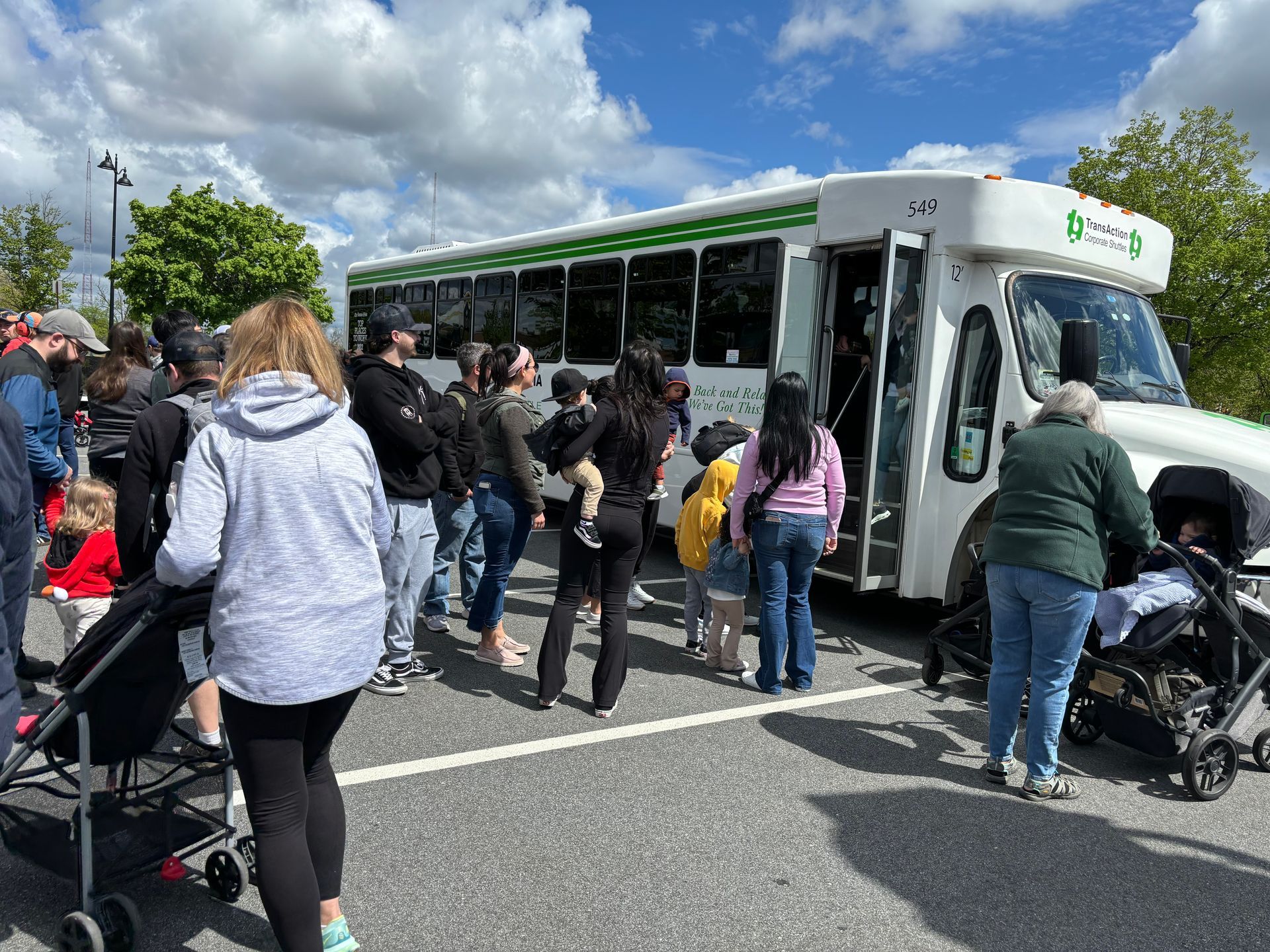
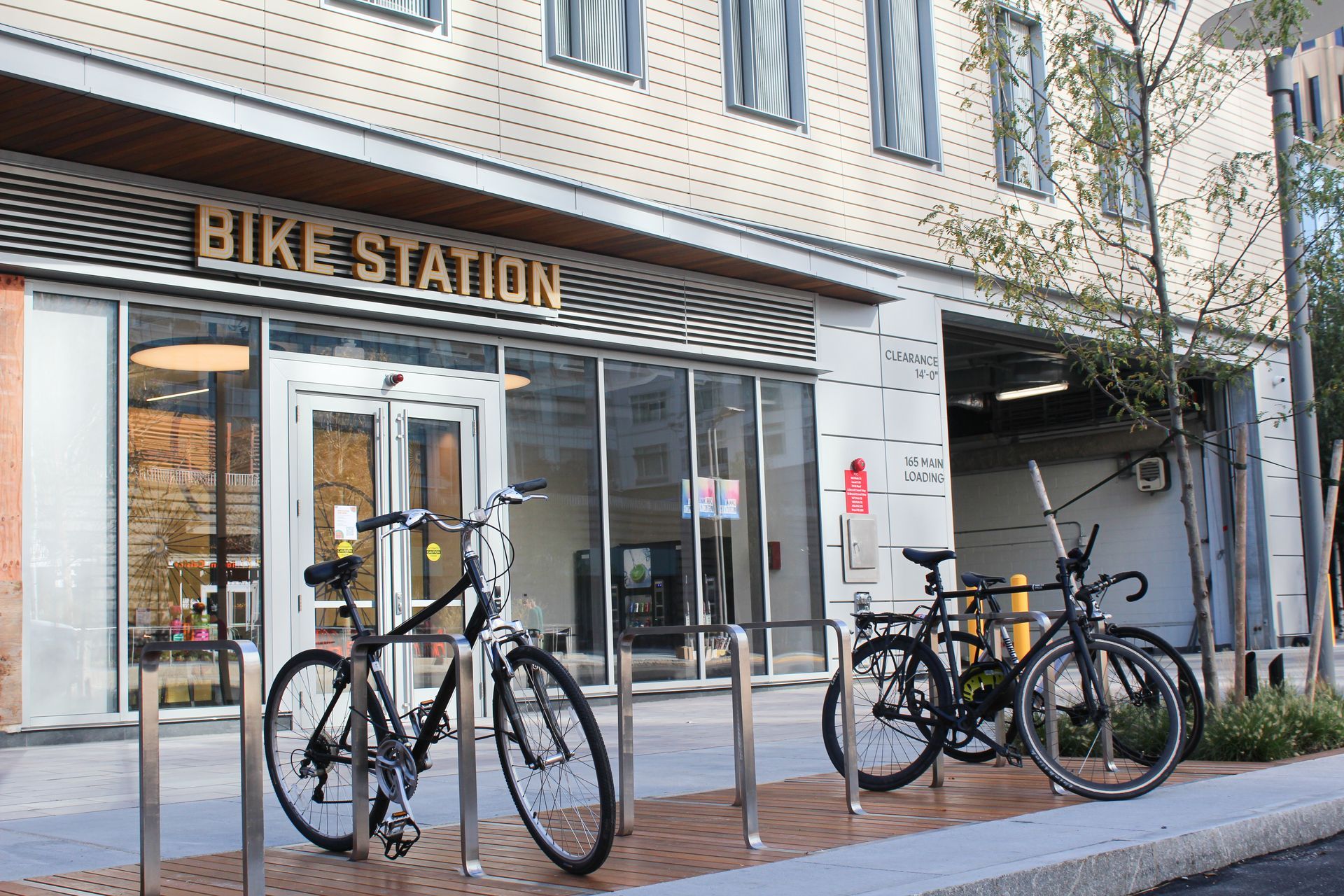

Stay Up To Date!



